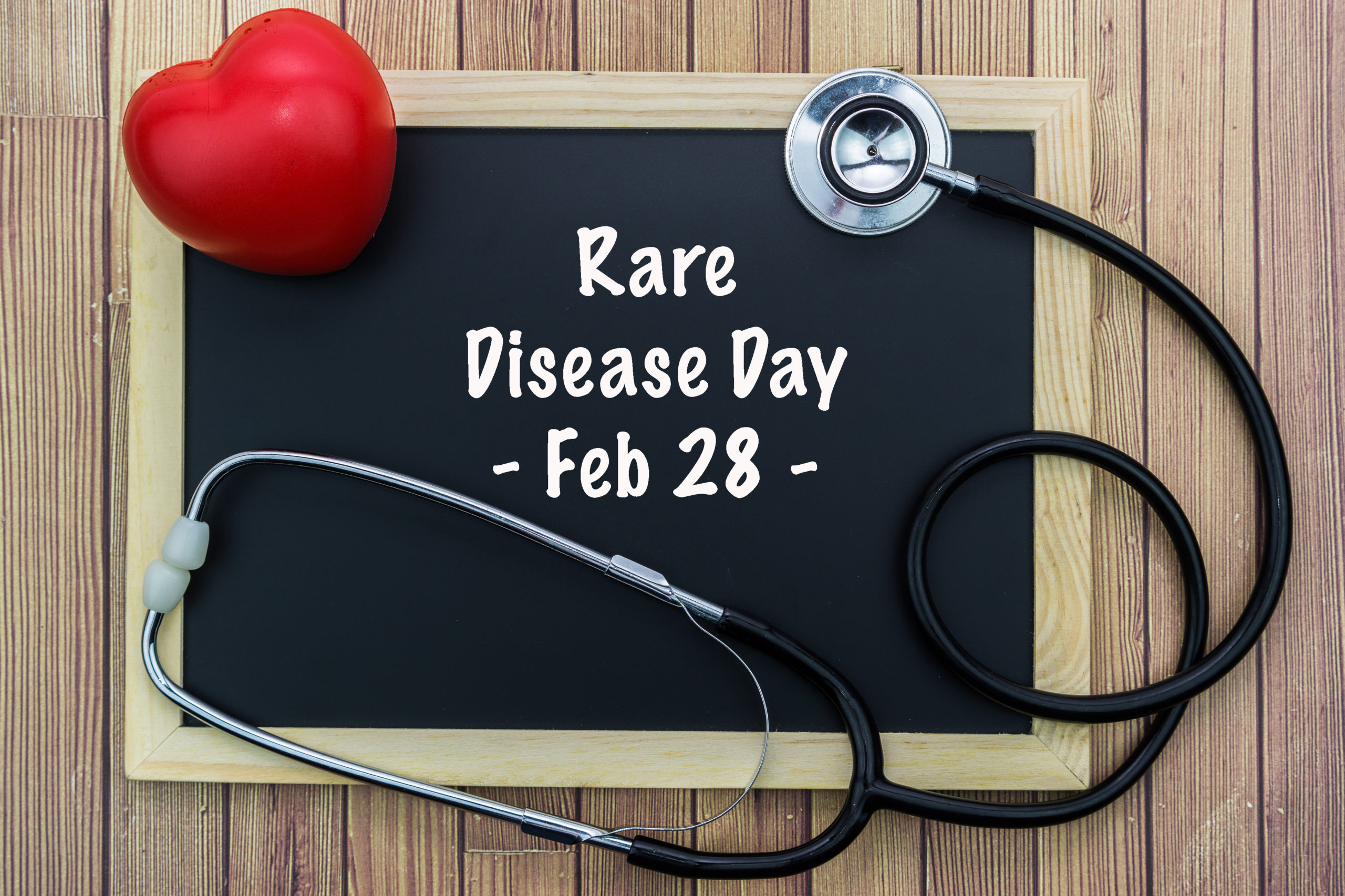Why is Rare Disease Day Important?
Rare Disease Day is held every year on the last day of February. It originally began as a European initiative in 2008 by EURODIS, and the Council of National Alliance, but has since spread to other countries, including the US which joined in 2009. In 2020, over 100 countries from around the world participated in their own local rare disease days.
Rare Disease Day is held purposefully on the last day of February- as every four years, the 29th of February is a rare day in itself. Rare Disease Day is thus held every year on the 28th of February, and every four years on the 29th.
The aim of Rare Disease Day is to bring together rare disease patients and their families, to connect the different support groups and networks for individual rare diseases, and to raise awareness about rare disease both amongst the general public, and amongst decision-makers, governmental bodies, and medical professionals.
Rare disease day is important for many reasons –
It brings together rare disease families
There are many challenges facing rare disease families – from securing an accurate diagnosis of rare disease, to managing the symptoms of one – it is important that they receive as much support as possible. Rare Disease Day is a great way to bring together these families, both in celebration of their child’s uniqueness, but also in acknowledgment of the challenges they face, and the need for a greater push for more support for these families. It is also an opportunity for rare disease families to connect with families coping with the same rare disease diagnosis, and to share experiences, and to connect with rare disease families from across the spectrum of genetic disorders.
It encourages cooperation between rare disease support groups and networks
Rare Disease Day is a great opportunity every year to bring together all of the individual support groups and networks which work year round to support rare disease families throughout specific rare syndrome diagnosis. It is an important opportunity for them to share resources, and experiences, and to come up together with better ways to reach families and find new ways to support them.
It increases awareness amongst the general public about rare disease
Rare Disease Day, and the local events that are organized around it, are important for increasing awareness about rare disease amongst the general public.
Firstly this is important in order for the general public to understand more about the diverse and unique needs of rare disease individuals and their families.
It is also important for members of the public, who may be potential-parents- to be, to understand more about the causes and types of genetic inheritance of rare diseases, so they can make informed decisions about understanding their own genetic health, and that of their future children.
Awareness about the symptoms of rare disease and their presentation is important if we are to improve the accuracy of genetic diagnosis – the more the public understand about the unique presentation of symptoms related to rare disease, the more empowered they are in terms of pushing for genetic counseling and testing, in order to explain currently unexplainable symptoms.
It brings attention to the issues surrounding rare disease
There are many important issues surrounding rare disease. These range from a lack of awareness of, and research into what causes them, to a lack of accuracy in genetic testing, according to the rare disease suspected, to high rates of misdiagnosis with some syndromes.
Awareness about all of these crucial issues needs to increase, if they are to be fixed – more funding and research into the causes and symptoms of rare disease, more funding into developing more accurate genetic screening and testing options (as has been happening with prenatal screening), and more funding and research into possible treatments for some of the symptoms of rare disease.
It involves governmental, and medical decision-makers
Rare Disease Day is also important for bringing rare disease to the attention of governmental bodies, and medical researchers, and medical professionals in general. There needs to be a push for more funding, more research, and more awareness. And this push needs to be brought to the attention of decision-makers, in all sectors.
Rare disease day is so important, for many reasons. There are many ways to get involved, and make a difference, all around the world.







